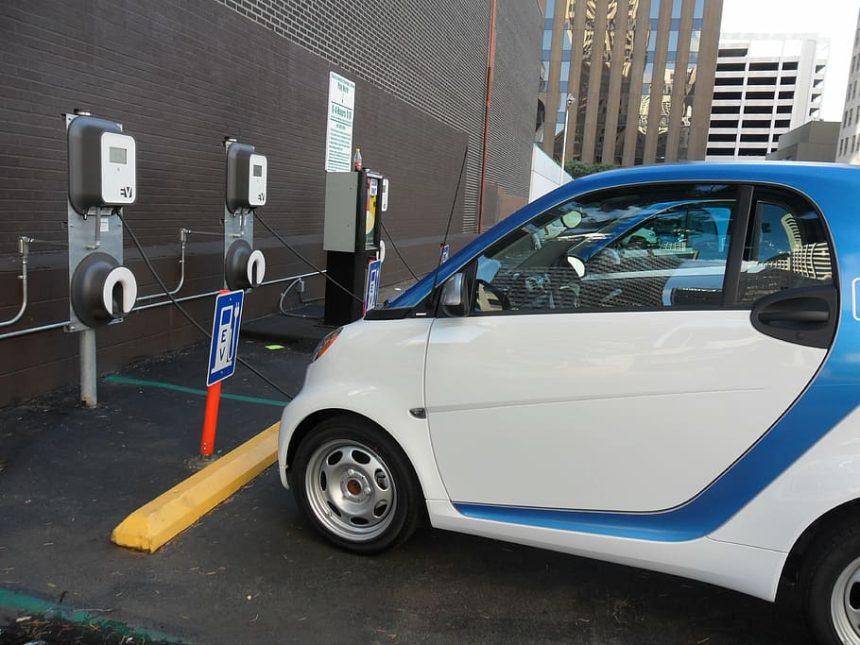As the world transitions towards sustainable transportation, electric vehicles (EVs) are emerging as a viable solution to reduce carbon emissions and combat climate change. Singapore, a forward-thinking nation committed to sustainability, is actively paving the way for the future of electric vehicles. This article explores the potential of electric vehicles in Singapore, focusing on the development of charging infrastructure and the growing adoption of electric vehicles in the country.
Expanding Charging Infrastructure
The availability of a robust charging infrastructure is critical to support the widespread adoption of electric vehicles. Singapore has recognized this need and has been investing in the development of charging stations across the island. The government, in collaboration with industry partners, has been deploying public charging points in residential areas, commercial districts, and public car parks. Additionally, initiatives are underway to enhance charging facilities in private premises, including condominiums and shopping centers, to ensure convenient access to charging for EV owners.
Smart Charging Solutions
To maximize the efficiency and convenience of EV charging, Singapore is implementing smart charging solutions. These technologies enable optimized charging management, load balancing, and integration with renewable energy sources. Smart charging systems can help distribute the charging load effectively, prevent grid overload, and encourage off-peak charging to make the most efficient use of electricity resources. By embracing smart charging infrastructure, Singapore is poised to create a seamless and sustainable charging ecosystem for electric vehicles.
Government Incentives and Policies
The Singaporean government has implemented various incentives and policies to encourage the adoption of electric vehicles. These include tax incentives, rebates on vehicle registration fees, and grants for the installation of charging infrastructure. The Green Vehicle Rebate (GVR) and the Early Adoption Incentive (EAI) provide financial support to individuals and businesses who choose to purchase electric vehicles. Such incentives aim to lower the entry barrier and make electric vehicles more attractive and affordable for consumers.
Electric Vehicle Car-Sharing and Mobility Solutions
In addition to private ownership, Singapore is exploring electric vehicle car-sharing programs and other mobility solutions to increase the accessibility and utilization of EVs. Car-sharing initiatives, such as BlueSG and Grab’s EV fleet, provide convenient and affordable access to electric vehicles for short-term usage. These programs encourage individuals to experience electric mobility without the need for private ownership, promoting the benefits of EVs to a wider audience and reducing overall vehicle emissions.
Collaboration and Research
To drive the future of electric vehicles in Singapore, collaboration between government agencies, industry stakeholders, and research institutions is crucial. Ongoing research and development efforts focus on enhancing EV technology, battery efficiency, and charging infrastructure. Public-private partnerships facilitate the testing and implementation of innovative solutions, such as wireless charging and ultra-fast charging stations. Through these collaborations and research initiatives, Singapore continues to push the boundaries of electric vehicle technology and infrastructure.
Conclusion
The future of electric vehicles in Singapore is promising, driven by the commitment to sustainability and the proactive approach of the government and industry stakeholders. The expansion of charging infrastructure, the implementation of smart charging solutions, government incentives, and the exploration of innovative mobility solutions are paving the way for increased EV adoption. Singapore’s efforts in supporting electric vehicles are not only crucial for reducing carbon emissions but also for creating a cleaner, more sustainable transportation system. As the charging infrastructure expands and consumer awareness grows, electric vehicles will play an increasingly significant role in Singapore’s journey towards a greener and more sustainable future. Also learn about Why Cars Are Not Popular in Singapore: Understanding the Economic, Environmental, and Urban Factors.










